- Learning time
- 40 minutes
- First play time
- 120 minutes
Colosseum
Designed by: Markus Lübke,Wolfgang Kramer
Rome! The theatre! Gladiators! Plant pots!
In Colosseum players take on the role of producers: trying to impress the Emperor and his cronies as they wander from theatre to theatre, taking in the shows the players are hosting. The shows take place over five rounds and – in theory – each one will be more lavish than the last. Plays are worth points, but how much depends on the props, the audience, and the story itself. You can increase your return by building a bigger theatre, creating an VIP area and encouraging nobleman to come and take in the show.
At the start of each round the players bid over the available props, which vary from plant pots through actors to the more exotic, such as lions and horses. Everyone is trying to get the props they need for their own particular show. Once everyone has taken props and paid their money there is a trading round, where you can – in theory – trade extraneous props for those you actually need. Having the most of the more valued props such as lions also brings bonus points; whether you use them in your production or not.
After trading players have a number of options that include extending their theatres – an absolute must in order to host the bigger and more rewarding shows. They can also purchase the rights to a show and plan for the future – putting on a paltry three-prop play this round but gearing up for Caesar’s Triumphal March in round five. Finally there is an element of luck in the dice-rolling, as they determine whether you can entice a nobleman into your theatre and bump up your box office!
There’s a lot of things going in Colosseum but there is method in the chaos, and the winner will be the one who manages to put on the best show in the final round.
The guru's verdict
-
Take That!
Take That!
Not much. There are bonuses for having the most lions, horses and so on, so players may find others unwilling to trade at times.
-
Fidget Factor!
Fidget Factor!
Once everyone is up to speed, very little.
-
Brain Burn!
Brain Burn!
It's not a taxing game, but there is some strategy.
-
Again Again!
Again Again!
Older children will enjoy the blend of trading and and the theme of putting on a show.

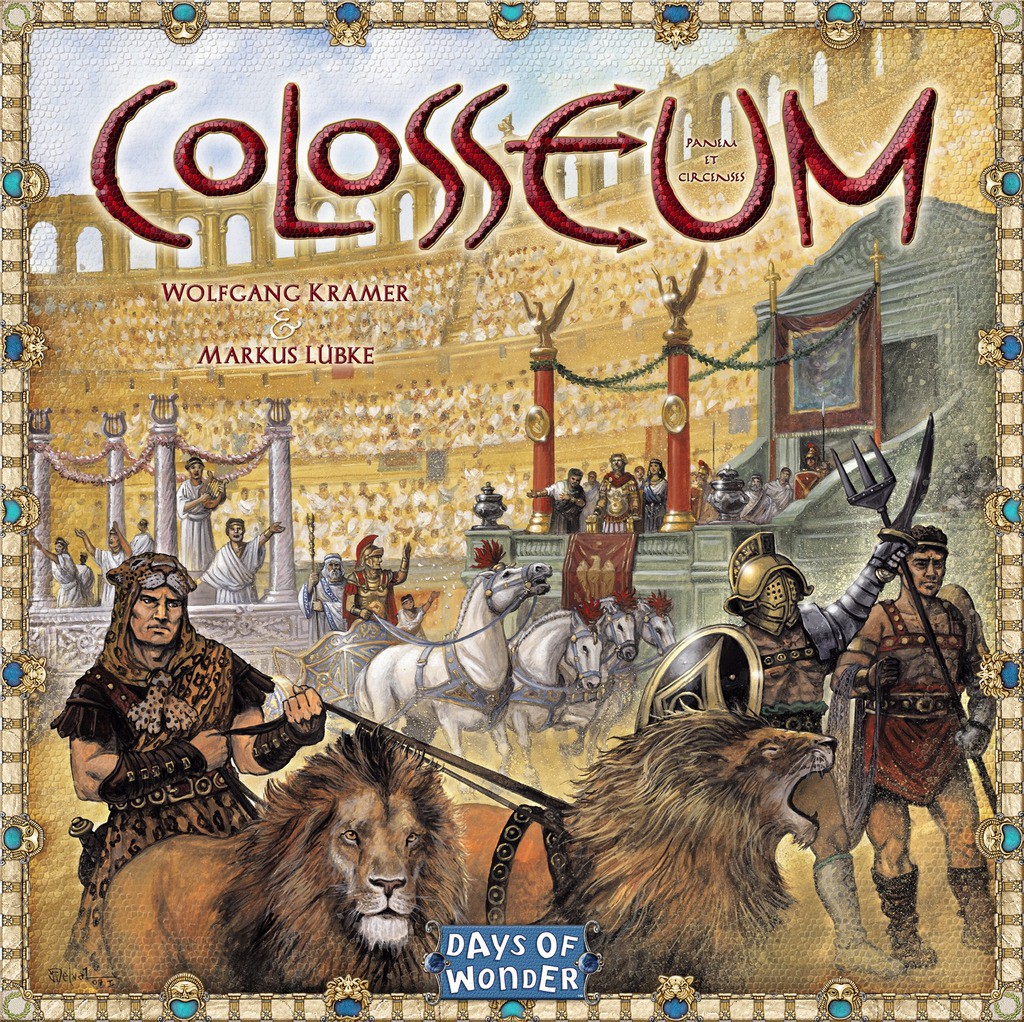
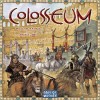
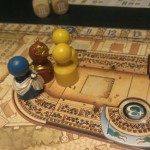
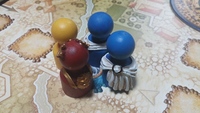
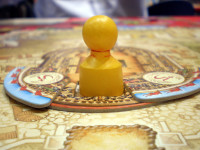
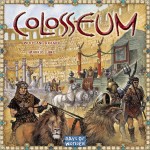


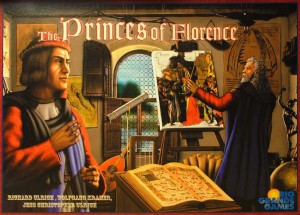
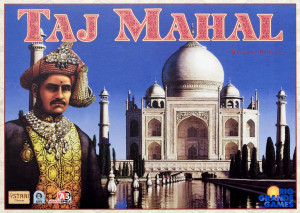
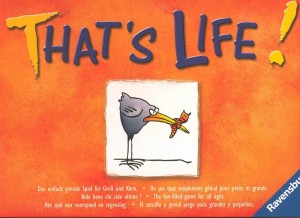
Sam says
If you're totally new to games you might want to build up to this a little - it's not all that daunting really, but it does contain quite a few different mechanics - there's bidding, haggling, dice-rolling, and you need to remember that it's a marathon, not a sprint - it's quite possible to jump from last place to first at the final furlong if the Gods (and the senators) smile on you. I think it's great, but you need to set at least a couple of hours aside to play it.